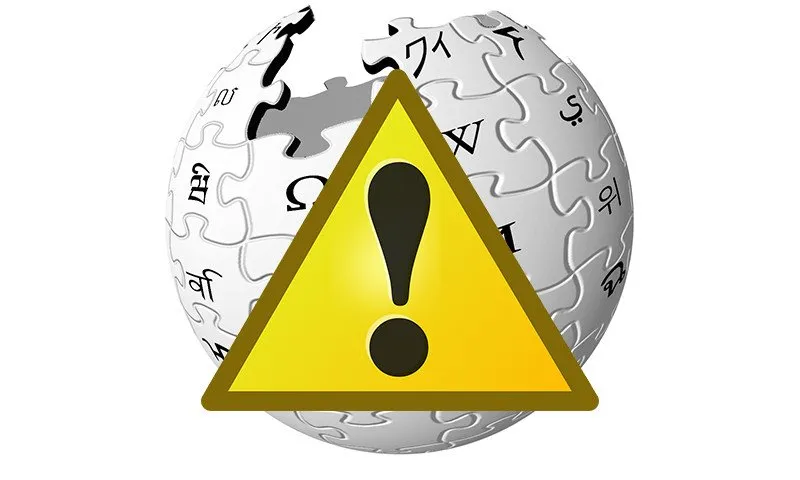
Wikipedia is a great tool which we can use to begin our research on just about any subject. The problem is, many people are under the impression that, when they go to Wikipedia, they are getting an unbiased account of events. Normally, with controversial subjects, there will be one side which is better represented on Wikipedia, and if you use it for that, you probably will not get the full story.
The death of Osama bin Laden
As an example, take this article about the death of Osama bin Laden - or maybe we should say, the most recent death of Osama bin Laden. Fox news reported Laden's death as early as 2001. In 2002, CNN reported that the president of Pakistan believed Laden was dead, mentioning that he had been unable to get treatment for his kidney disease. These are just a couple of Laden's obituaries, others include funeral orations and reports from Israeli intelligence. You can read more about that here.

So, considering Wikipedia has an entire article on the death of Osama bin Laden, we could reasonably expect that it would include some of these previous notices of his death. How many are included? Zero. Only the official story is included in the Wikipedia article.
9/11 and managing perceptions

Theories about 9/11, which aren't the official one, are listed as "conspiracy theories" - obviously an emotionally charged term. I would call that "poisoning the well" - before you even read the article, you have a concept that these are wacky ideas. A friend told me in Wikipedia's defence that, "conspiracy theory" is accurate in this case - the ideas are literally theories about people conspiring. Of course, if it's that simple, then the official story should be listed under the same banner, because again, it is literally a theory about a conspiracy.
A bias in the facts
When I made the criticism about Wikipedia being biased, another friend told me that Wikipedia is not biased, and he knows because all of the sources are there, and they have factual information. My response - facts and being factual of itself does not remove bias. I can tell you a story using nothing but facts, but still give you a skewed version of events. The way facts are presented can be biased, and, perhaps more importantly, the facts which you leave out can show your bias.
Who's running the show?
Considering all the powerful, well-funded organisations that exist in the world today, and considering Wikipedia's reputation as an unbiased, user-editable encyclopaedia, is it possible that these groups might use it to adjust public opinion, according to their agenda? We know they have the motive to present the facts in their own way, and we know they have the resources. For many of you, this idea is entirely uncontroversial. But for some of you, you might not have ever considered that large pharma companies and governments would try to change your opinion, in any way other than putting ads on the TV. Think about it - why wouldn't they do that? The winners write the history books, as the saying goes. Those books may be being written right before your eyes.
Conclusion
Wikipedia is great if you want a launchpad for an uncontroversial subject so you can find out what the deal is. On any controversial subject, you're not going to get the full story. There is almost always one side of the debate which controls which facts come up on Wikipedia - often the "skeptical" , or the government side. If you use Wikipedia as your only starting point, you will be consistently mislead.